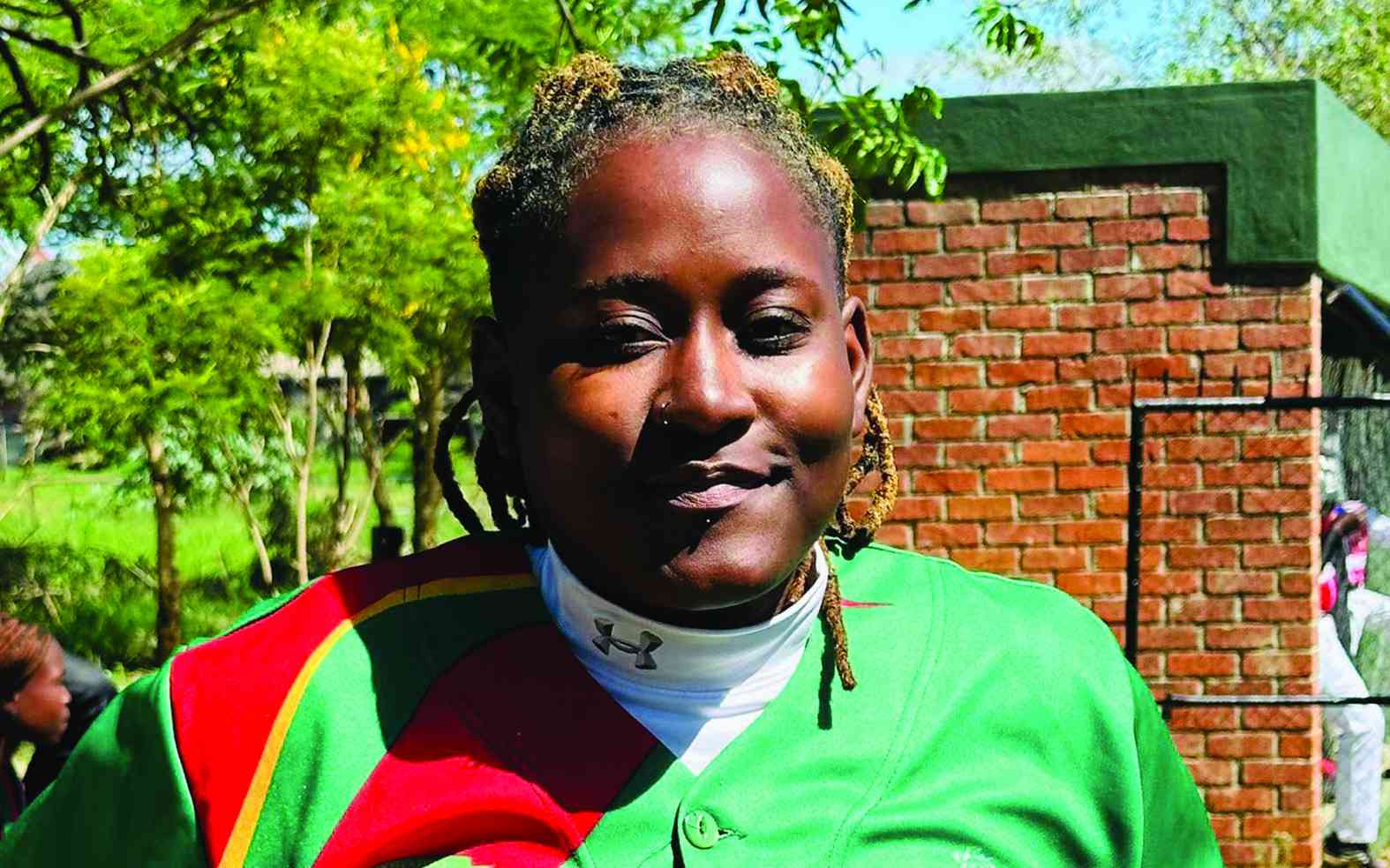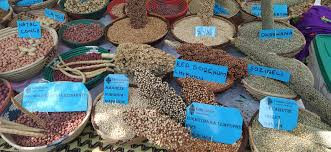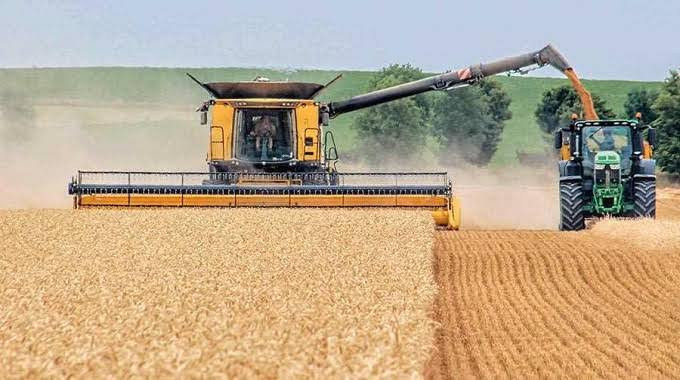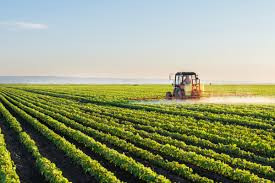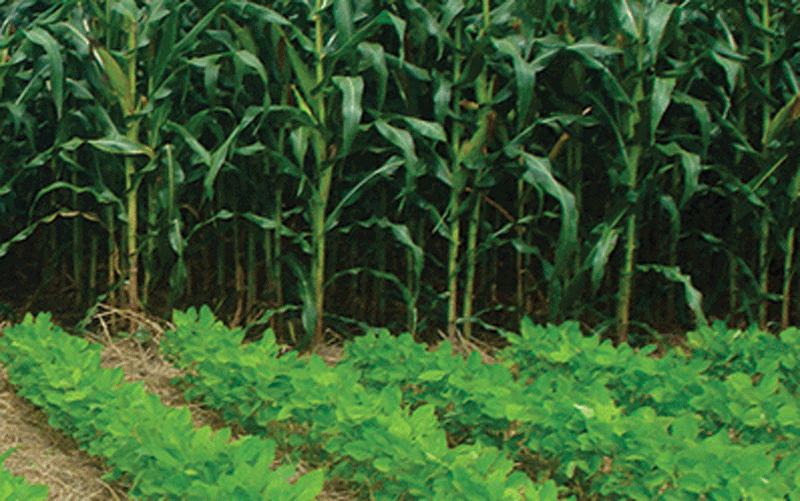
A FARMER said he will grow crops popular in southern Africa, including white maize and jelly melon, when he takes over a council farm.
David Mwanaka (57) is one of seven recruits joining more than 160 tenants on Cambridgeshire County Council's 33 000 acres estate.
Securing a tenancy “was a dream come true” for him and his wife, after starting with a few acres 20 years ago.
They will farm 364 acres at Landbeach, just north of Cambridge. This is the first time Mwanaka and his wife Brenda have secured a long-term farm tenancy.
“For past 20 years, we've been working so hard, so it was a dream come true for us,” he said.
“We cried with excitement at the news, we're overjoyed.”
David Mwanaka said he started growing white maize because he missed it when he moved to the UK. Mwanaka was a journalist in Zimbabwe before moving to the UK in 1991.
After doing a variety of jobs, he “became fed up with formal employment” and decided to grow some of the foodstuffs he missed from home. “I realised there was a vacuum between what's grown in this country and what's sold,” he said.
- Mavhunga puts DeMbare into Chibuku quarterfinals
- Bulls to charge into Zimbabwe gold stocks
- Ndiraya concerned as goals dry up
- Letters: How solar power is transforming African farms
Keep Reading
He was told it would be impossible to grow the sub-Saharan staple white maize in the UK, but rented 10 acres in Enfield, London to try it out.
He now grows 100 acres of white maize on a 150 acres farm at Ware, Hertfordshire, alongside white sweetcorn, mustard greens, jelly melons and pumpkins — for their leaves as well as fruits.
“We sell the white maize all over the UK but it has a shelf life of one day, so you have to pick and deliver it on the same day — or freeze it,” he said.
The couple commute from Basildon, Essex, so they are looking forward to living on their new farm at Landbeach.
The council's chair of strategy and resources, Lucy Nethsingha, said the new recruits will “join other tenants who continue to work hard, evolve farming practices and work to promote the enhancement of biodiversity”.

